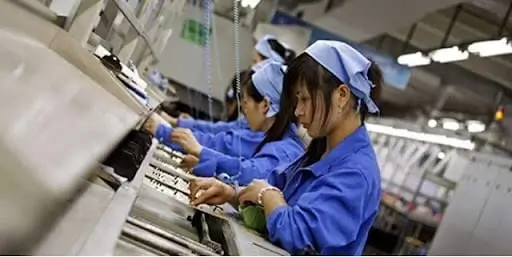Technical Specifications:
he agent helps the client clarify all technical parameters of the equipment, such as size, power, performance, materials, and functions. For complex machinery, the agent may request blueprints or technical documentation to accurately relay requirements to suppliers.
Quality Standards:
One of the agent’s main tasks is to ensure that the equipment complies with international quality standards. Chinese suppliers may not always adhere to these standards, so the agent must ensure that the equipment is certified, for example, under ISO 9001 (quality management) or CE certification for Europe.
Operating Conditions:
The agent also considers the equipment’s operating environment, including climate, production processes, and geographical factors. Understanding these aspects helps the agent find equipment that will reliably perform in specific conditions.
Regulatory Requirements
Equipment imported to Europe, the USA, or other regions must comply with local laws. The agent in China needs to be well-versed in regulatory requirements such as the Machinery Directive (EU) or OSHA standards (USA) to ensure that the equipment meets these legal requirements.



